أنت هنا
Everything You’ve Wanted to Know But Have Been Too Afraid To Ask (The Lean Startup) Part 2
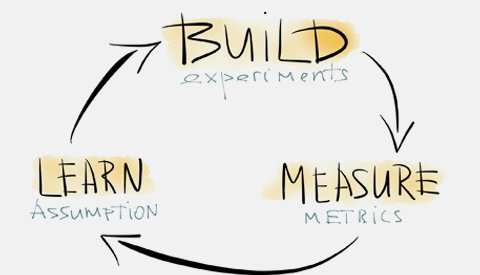
The previous post discussed the meaning of the lean startup,how can be beneficial, and how will you be able to attract your customer. In the second part of the blog we will get to know more about who is using Lean Startup methodology, how can you launch your own lean start up projects and much more.
Who is using Lean Start-up (and where can I see it in action)? Technology companies of all sizes have used the technique for a long time. They learned many years ago that Lean Start-up is a great way to build something that meets desires customers may not even know they have with minimal waste. US conglomerate GE has even established its own Lean Start-up methodology called GE FastWorks to crystallise the benefits.
So what’s the next step to launch my own Lean Start-up project? The Strategy Group’s eight-week bootcamp uses Lean Start-up principles to validate your business model, engage your customers and deliver fresh business opportunities. In collaboration with your line-of-business teams, we analyse the key value in your business model to build experiments that you take to your customers. As we validate assumptions with customers, we feed the lessons learned back through the workshops for further tweaking, improvement and experimentation.
Who comes along to the workshops? Anyone who has an idea for a new avenue of business. Bring front-liners who are close to customers and want to build solutions for them. It’s a good time to involve anyone who has had their ideas rejected. Ask HR to recommend anyone who, in a performance review, said they wanted to try something different or showed entrepreneurial tendencies (no matter how senior they are or where they are in the organisation). Look for people keen to get out of the building and with energy to burn. Most of all, invite those who might be considered ‘difficult’ because they’re always asking ‘What if?’ or demanding the business move in new directions.
It’s important to involve people who have the seeds of ideas in these sessions because they will most likely get off the ground quickly and gain value. Or else, run an internal idea generation campaigns to elicit ideas from employees so that you can get started.
But it’s also important to realise that whether at the end of the eight weeks you gain a new product or service or just a deeper understanding of your customers, both outcomes qualify as success. Even if you try a new business and the experiments show it isn’t feasible, this is also a positive because you haven’t wasted money and time developing it in full only to have it fall over out in the clear light of day in front of everyone.
Instead, you’ve engaged with customers, employees and management and tested assumptions to come to a new understanding about your new venture idea and how it could work in the market.
Your ideas will never survive first contact with customers; they never work in the real world as neatly as they do on your spreadsheet or in your head. So it’s important to test your ideas in an open and collaborative way with customers as early as possible.



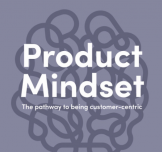















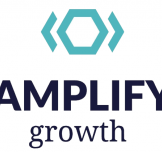







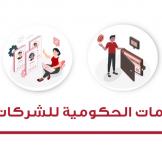
























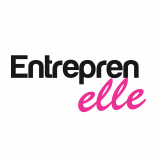
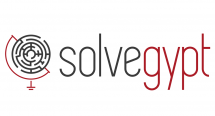




موقع إبداع مصر غير مسؤول عن مضمون التعليقات